GHP needs your help this holiday season.


Global Health Partnerships has been providing essential medical care and aid to impoverished Kenyan families with help from your donations since 2006. Recently our Kenya colleagues asked GHP to help with the serious problem of worsening child malnutrition, related to a prolonged drought and crop failure. Childhood malnutrition is associated with high mortality rates and developmental delays. Effective, inexpensive treatment is available using ready-to-use therapeutic food (RUTF). GHP hopes to treat as many of these children as possible with your help. The cost of one day’s supply of RUTF for a child is only 70¢. The total cost of this treatment until full recovery is $40 for each child. Forty dollars to save a child from dying of severe, acute malnutrition.
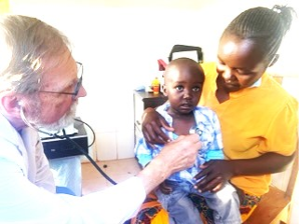
GHP and the people we serve in eastern Africa are grateful for all of your support since 2006. Your contributions have saved children from dying of pneumonia. Your care has provided a safe place for medically assisted births. Your concern has save the lives of many infants in their first week of life. Now let’s help with childhood malnutrition.
The Safari Run for Global Health was a success!
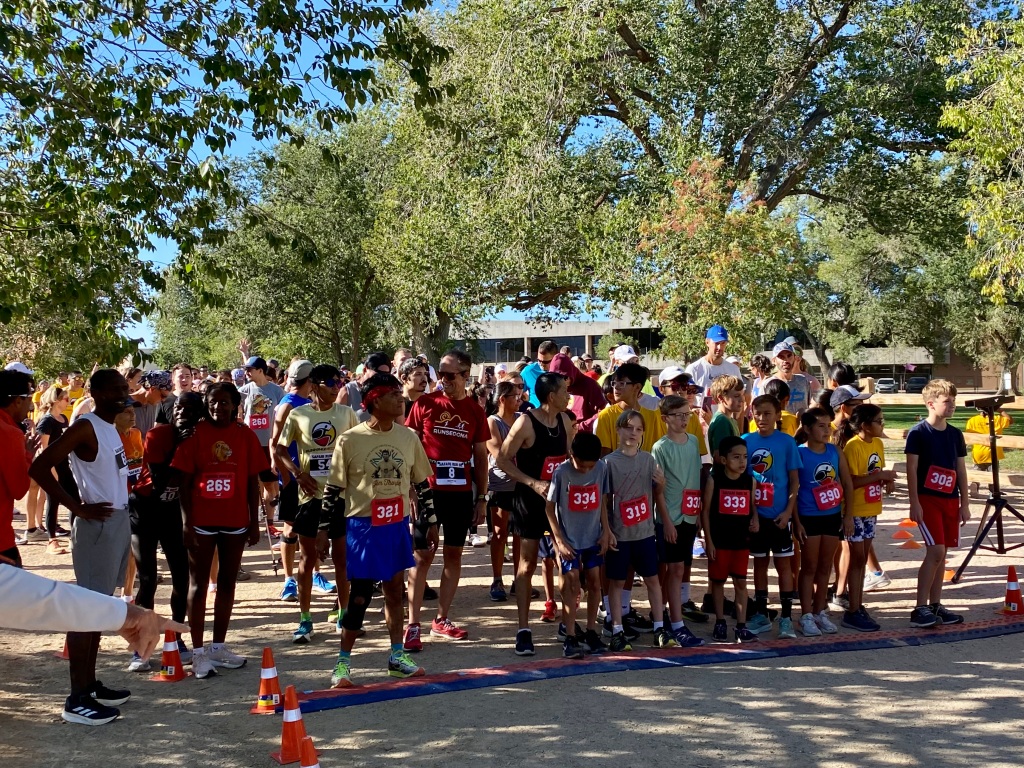
Nearly 250 runners of all ages joined us at the UNM North Golf Course for the 13th annual Safari Run for Global Health on Sunday, October 1, 2023.

Thank you to our runners!

Thank you to our winners!

Thank you to our sponsors!
$45 Can Cure Malnutrition

Every child should have enough nutrition to support healthy growth and development. Half of all childhood deaths in Kenya involve malnutrition. Recently, due to persistent drought, crop failure, and rampant inflation, food insecurity has worsened. There has been a 200% increase in childhood malnutrition which now affects 5% of Kenyan children under age five.
GHP, in collaboration with the Kenya Ministry of Health, has trained a group of dedicated community health volunteers (CHVs) who have visited every household within the Kisesini Health Center catchment area. Nearly 2,500 homes were visited and all children under age five were evaluated for nutritional and vaccination status. Eighty-four children with acute malnutrition were identified, treated, and are being observed regularly. Seventy-eight children had their vaccination status updated. All children will be followed until cured.
If we can expand this program of finding and treating the children who suffer from malnutrition we can save lives at a cost of approximately $45 per child. That is what it costs to cure a case of deadly malnutrition. Please help.

At 10 weeks of age Alicia was starving. She weighed less than her birth weight, Her mother, Mercy, could not produce enough milk to feed her. She should have been admitted to a hospital for therapeutic feeding but the hospital was out of baby formula. So her mother brought her to the Kisesini Health Center for help. Global Health Partnerships was able to find infant formula, buy and transport it, instruct Mercy on its use, and monitor baby Alicia closely. Four months later Alicia is thriving. Thanks to the generous donors to GHP this child will live.
Here comes a Maternity Center expansion to meet the demand!

After overfilling the current Maternity Center repeatedly, with up to four healthy newborns in one night, Head Nurse John Mbae began work on an expansion that is actually larger than the original Maternity Center. He began this work with funds he raised himself. Global Health Partnerships hopes to help finish the project and furnish the center for the safety and comfort of mothers and infants.

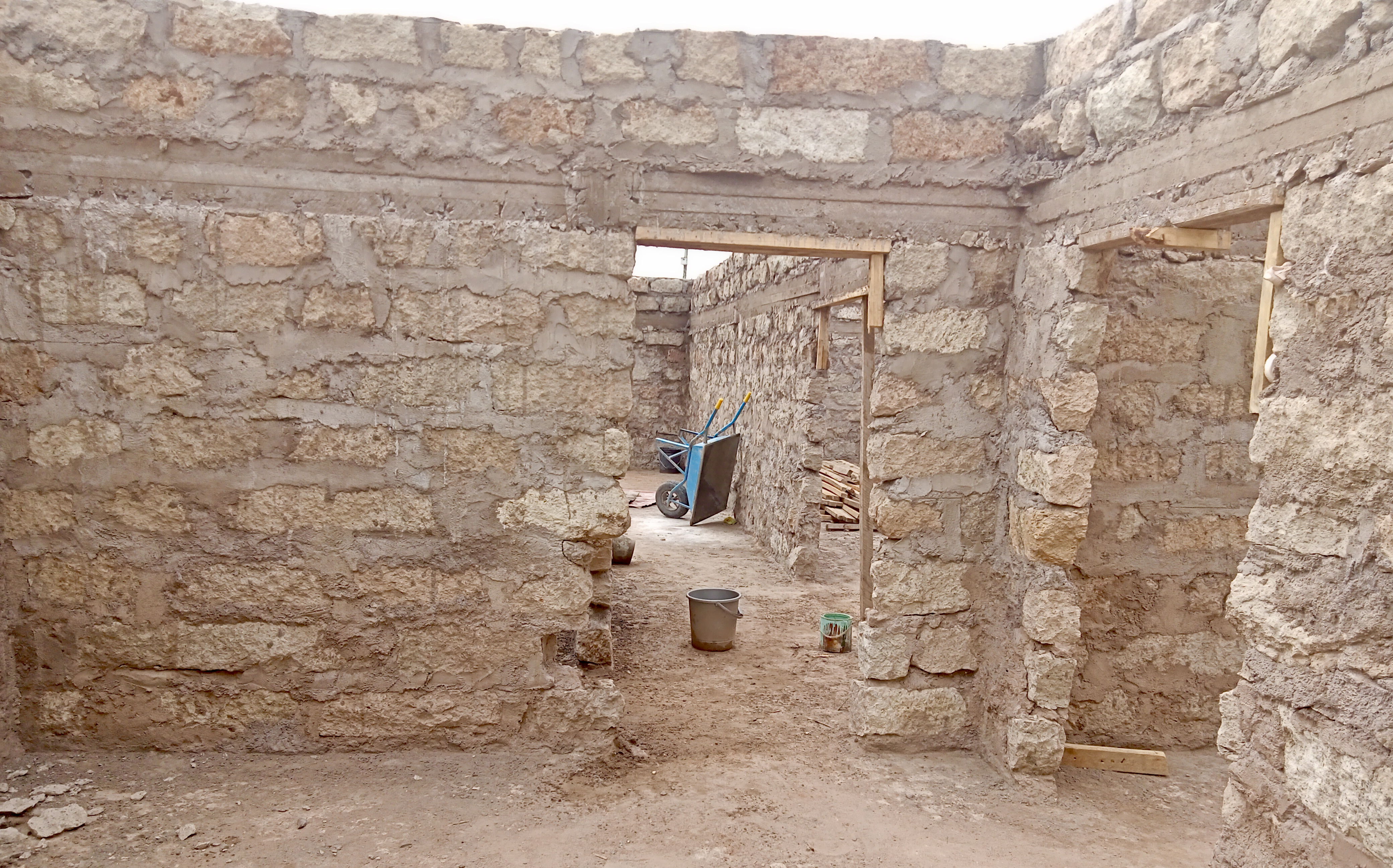
Help us make childbirth even safer and more comfortable for these mothers and children.
Give the gift of healthcare

For only $60 you can sponsor a clinic!
Global Health Partnerships has been improving the lives of African children and their families since 2006. This year 2020 brought a plague of locusts, floods, crop failures, and a COVID-19 pandemic to the poor people of rural Kenya. Our medical team has not been able to travel to Kenya since the pandemic began. Yet the need for medical care and humanitarian aid grows larger. Additional expenses include PPE (personal protective equipment), supplies that are often unavailable and exorbitantly expensive in Kenya.

Outreach clinics reach the poorest people in the most remote villages where the need for healthcare is the greatest. Without these outreach clinics there would be no healthcare available at all. These clinics provide immunizations for all children. Mothers have the opportunity to receive family planning services and prenatal care. Children are screened and treated for infectious diseases and malnutrition.
You can sponsor an outreach clinic for only $60
Since this article was posted the cost of food in Kenya has tripled. The cost of healthcare, medical testing, and transportation has risen alarmingly. It now costs $60/family to prevent starvation.
How much does it cost to survive during a pandemic?
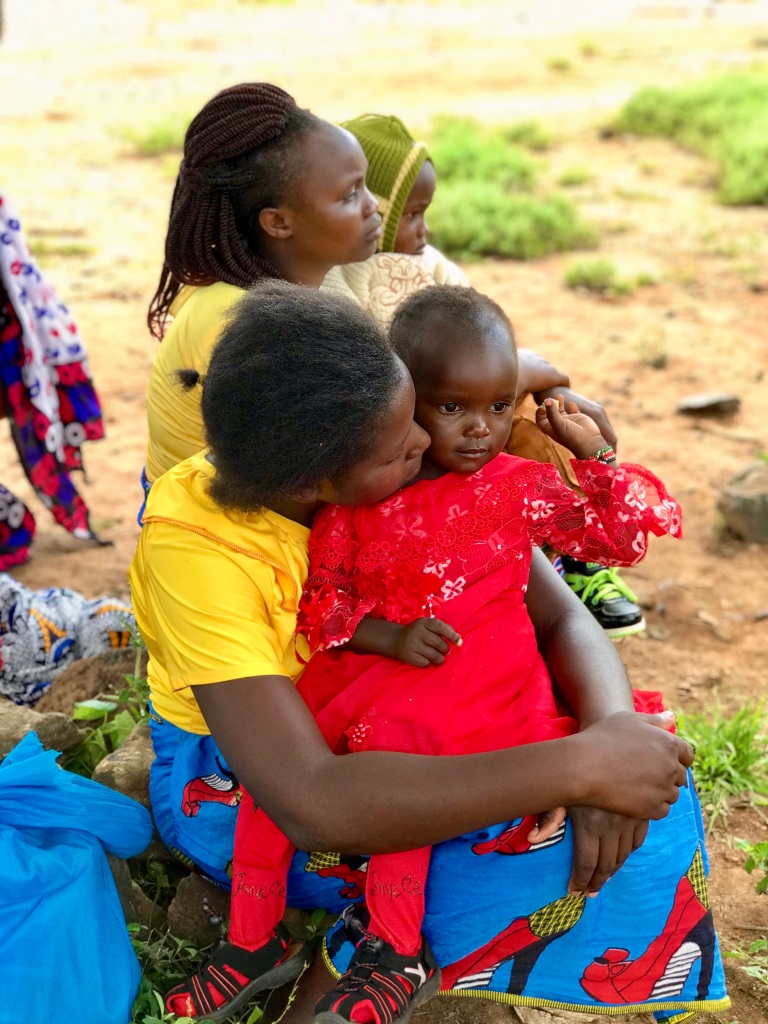
Sixteen percent of Global Health Partnership’s annual budget goes toward food for the very poor. Years ago Global Health Partnerships began a program to feed HIV orphans who were being cared for by grandmothers with no resources. Out of this grew a program to support orphans and poor families with food, school fees, uniforms, shoes and supplies. Very poor families are recommended for this program, are interviewed by the clinic nurse before acceptance, and are tracked by his assistant. Without the assistance of GHP these families would have no food at all. It only costs $8 per month…to keep a person in Kenya from starving. Even during a global pandemic. Childhood malnutrition is assessed at every clinic visit. Hungry and undernourished children are referred to this program for help. Now is when they need help the most. When times are good these very poor families do not have enough food to prevent malnutrition. Now is when they need your support the very most.
This is the reason GHP has an ambulance and driver!
|
|
This is how easily mother-to-child HIV transmission can be prevented
It is as easy as this.
Pregnant women are tested for HIV at their first antenatal visit. If positive they are begun on antiretroviral medications. This keeps them healthy during their pregnancy. When they give birth the baby receives his/her first dose of antiretroviral medications before they are put to the breast. If this medication regimen is repeated daily for the first 6 months of life, there is less than a 1% chance that the baby will become HIV positive.
Global Health Partnerships helps keep the medical infrastructure in place to prevent the transmission of HIV from mother to child.
Meet the Muende Family
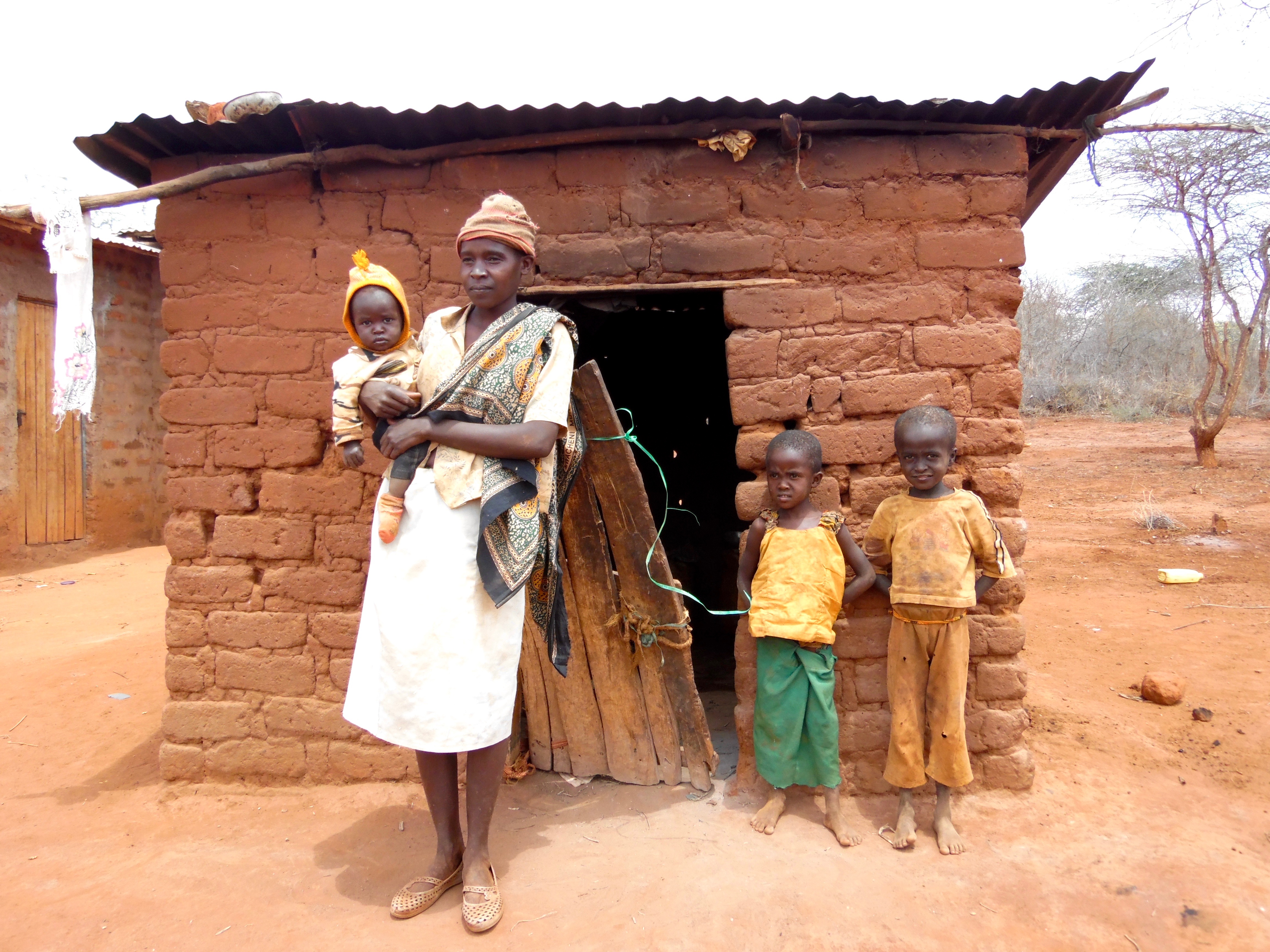 The head of the Muinde household is a young widow who is so poor she cannot afford to feed her children. This family was identified by Global Health Partnerships as one of the 24 families who could not survive without a monthly donation of staple foods from GHP. The children in this family could not attend school without school fee support from GHP. This family had only an unsafe, insecure, substandard home to live in.
The head of the Muinde household is a young widow who is so poor she cannot afford to feed her children. This family was identified by Global Health Partnerships as one of the 24 families who could not survive without a monthly donation of staple foods from GHP. The children in this family could not attend school without school fee support from GHP. This family had only an unsafe, insecure, substandard home to live in.
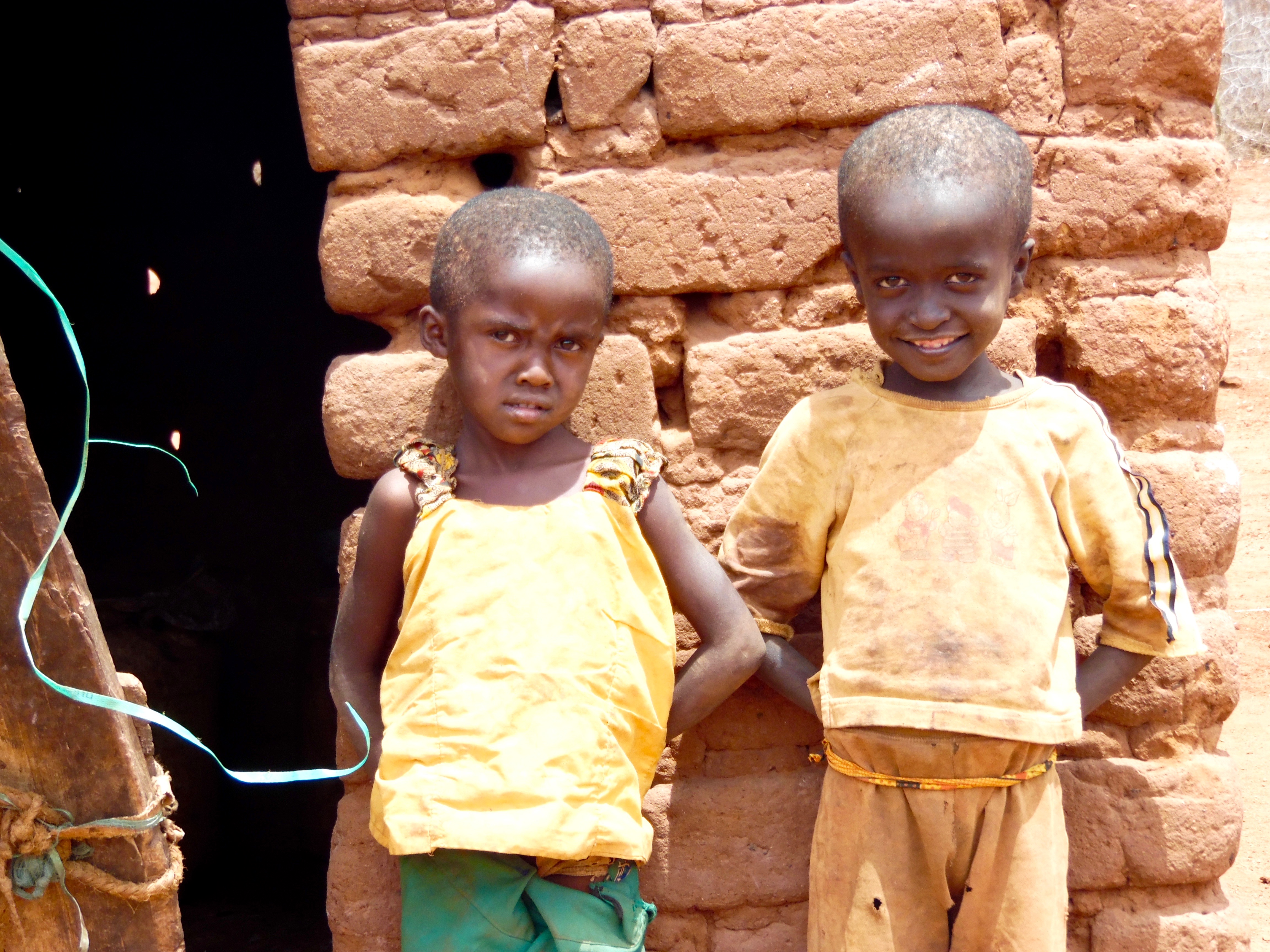 Now the Muende family have a simple but safe home, enough food to grow and thrive, and the children can attend school. With your help GHP can continue to provide for their health. Help more families like the Muindes on this Giving Tuesday.
Now the Muende family have a simple but safe home, enough food to grow and thrive, and the children can attend school. With your help GHP can continue to provide for their health. Help more families like the Muindes on this Giving Tuesday.
Children are dying needlessly.
Global Health Partnerships can help!
Health care for the very poor in Kenya has suffered.
This year, more children have died from treatable infectious diseases and from lack of immunizations in Kenya than during any other time since Global Health Partnerships has been serving there. Why is this happening? First, the doctors were on strike for more than three months over issues of basic pay and working conditions. Now, Kenyan nurses have been on strike since mid-May over poor pay and intolerable working conditions. Most recently the Kenyan Supreme Court has called for repeat national elections, causing more chaos and disruption of services. Meanwhile, infants and children have been dying at an unprecedented rate due to health problems that can be treated.
Community Health Workers, trained and supported by GHP, have still been visiting newborns. However, once they identify an ill infant, access to hospital care is more difficult than ever.
Global Health Partnerships can help. We can provide transportation, care, medicine, and support to families with sick children.
Don’t let these children die needlessly.
Global Health Partnerships can help.
You can support a Community Health Worker to make life-saving home visits on a newborn for only $10. Please help GHP extend this program.
Our Services
In Kenya, we support primary health care and prevention of llness for approximately 35,000 very poor people with an emphasis on improving the health and survival of young children.
We provide direct medical services, deliver medical supplies and equipment, and provide training to local community health providers. We support outreach clinics for the very isolated. 
We support a life-saving ambulance that is critical to the transportation of surgcial, medical, and obstetrical emergencies. Without this ambulance, emergency services would simply be out of reach for the 35,000 people we serve.
We support full time obstetrical services, delivered by three wonderful Kenya nurses. These services are delivered in our new maternity center.
Needs In Kenya
Funds to cover the costs of medicine, supplies, and emergency transportation. Furnishings, including beds and medical equipment, for the new maternity center. Funds to continue educational programs for the Community Health Workers who extend our medical mission to the very isolated. Donate now.
About Us
Global Health Partnerships (GHP) is a non-profit organization of medical professionals and other volunteers who work in Kenya as partners with local community organizations and health care providers to improve the health and well being of the poor and marginalized.
Join Our Mailing List
Get our latest updates in your email box by joining here.

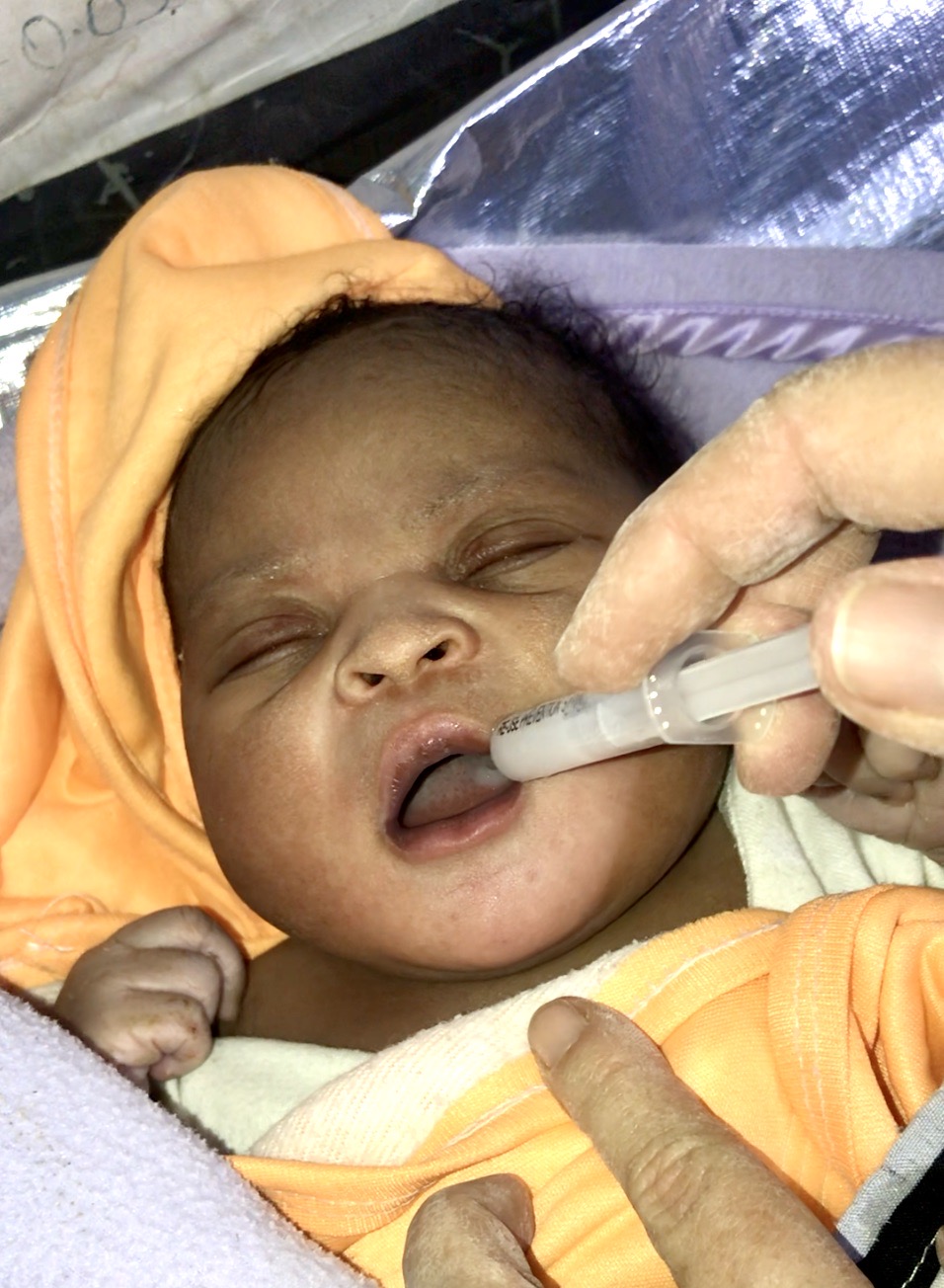
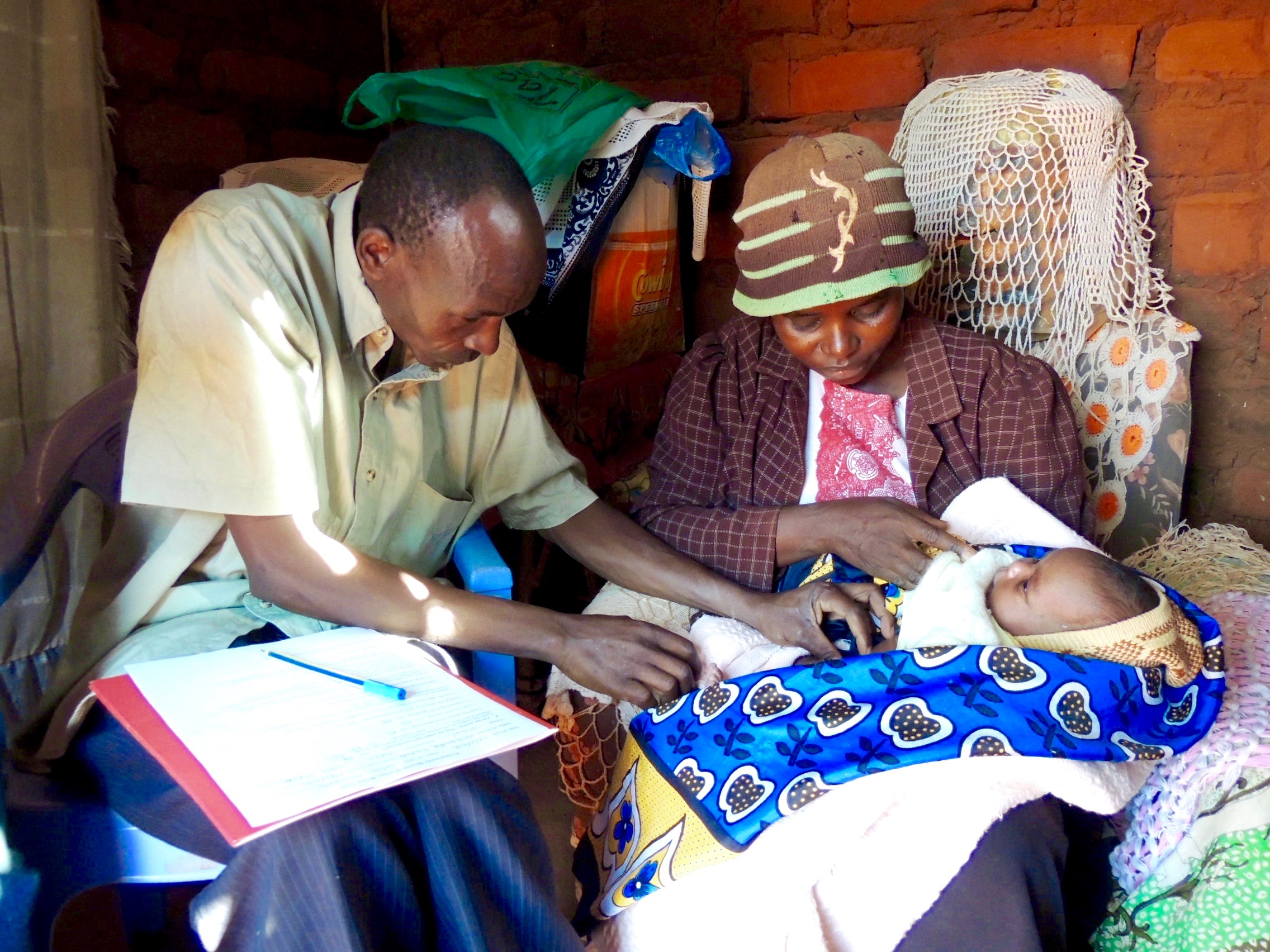
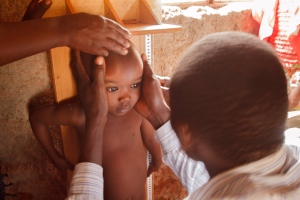
i love what they are doing for the kids in Kenya they really need the help right now
What an interesting organization. This is truly the way that help should be delivered everywhere – caring people coming together to focus on the particular needs of one area of the world, trying to educate and improve health conditions. One step at a time we will walk with these children into a future that is brighter for our having been there.